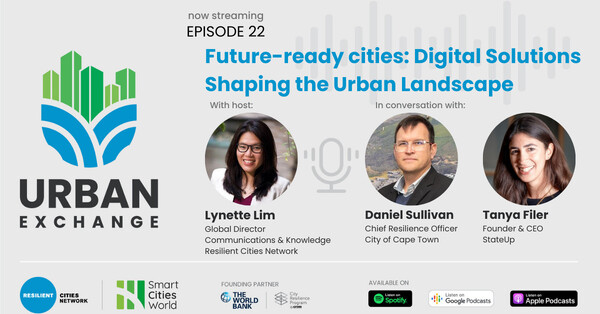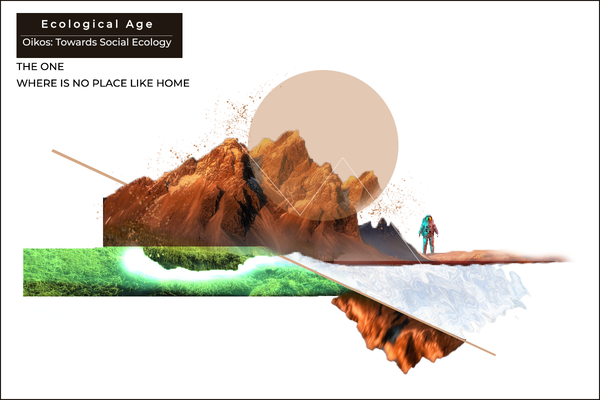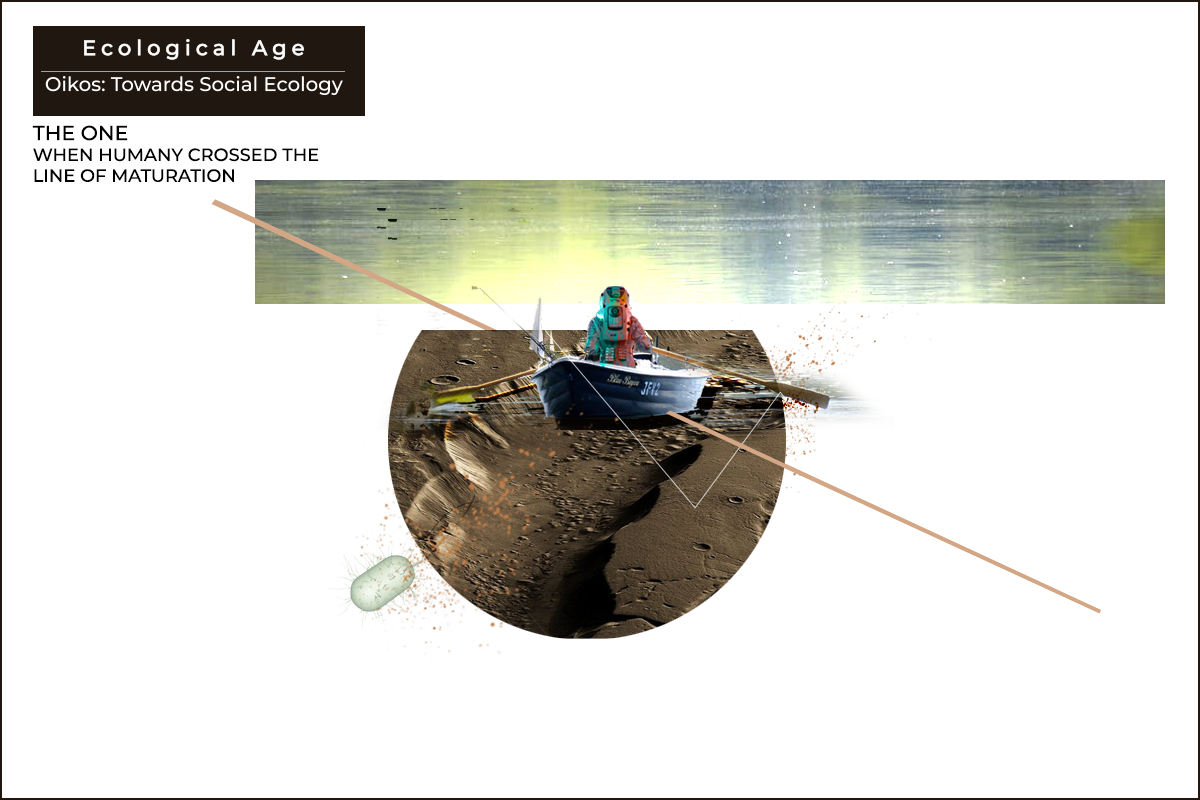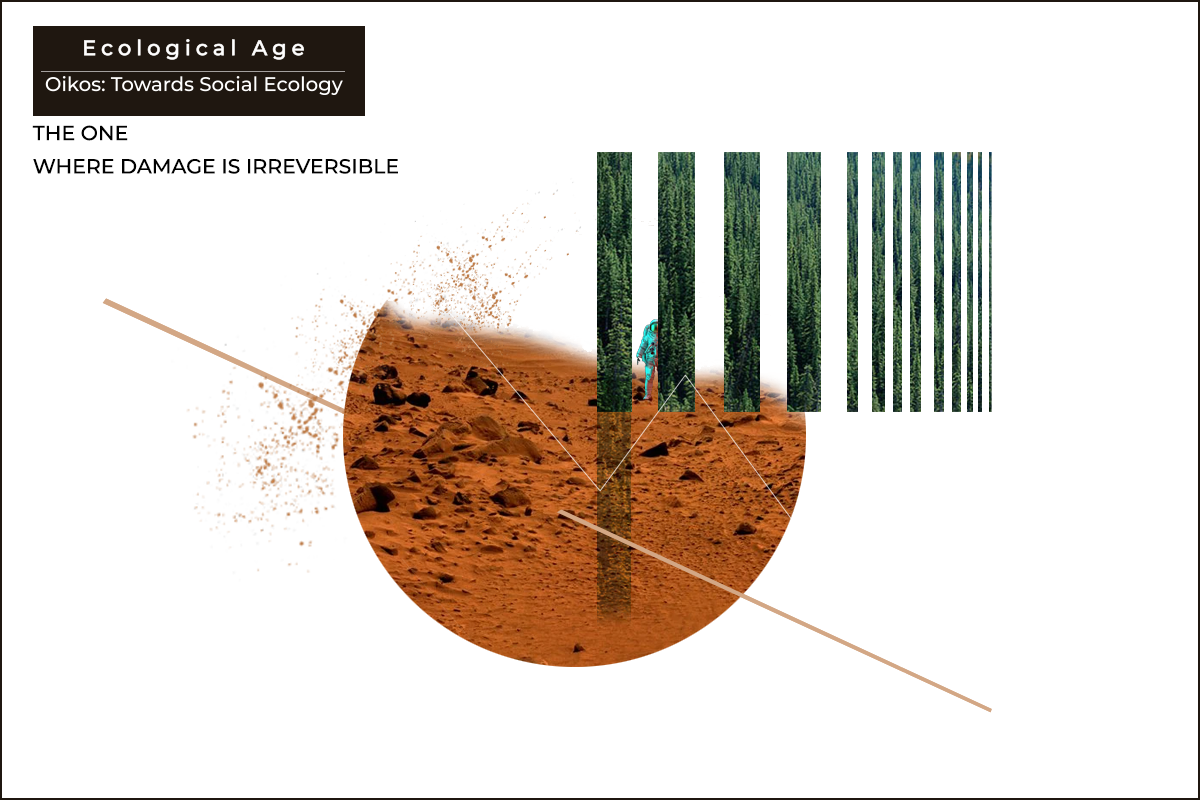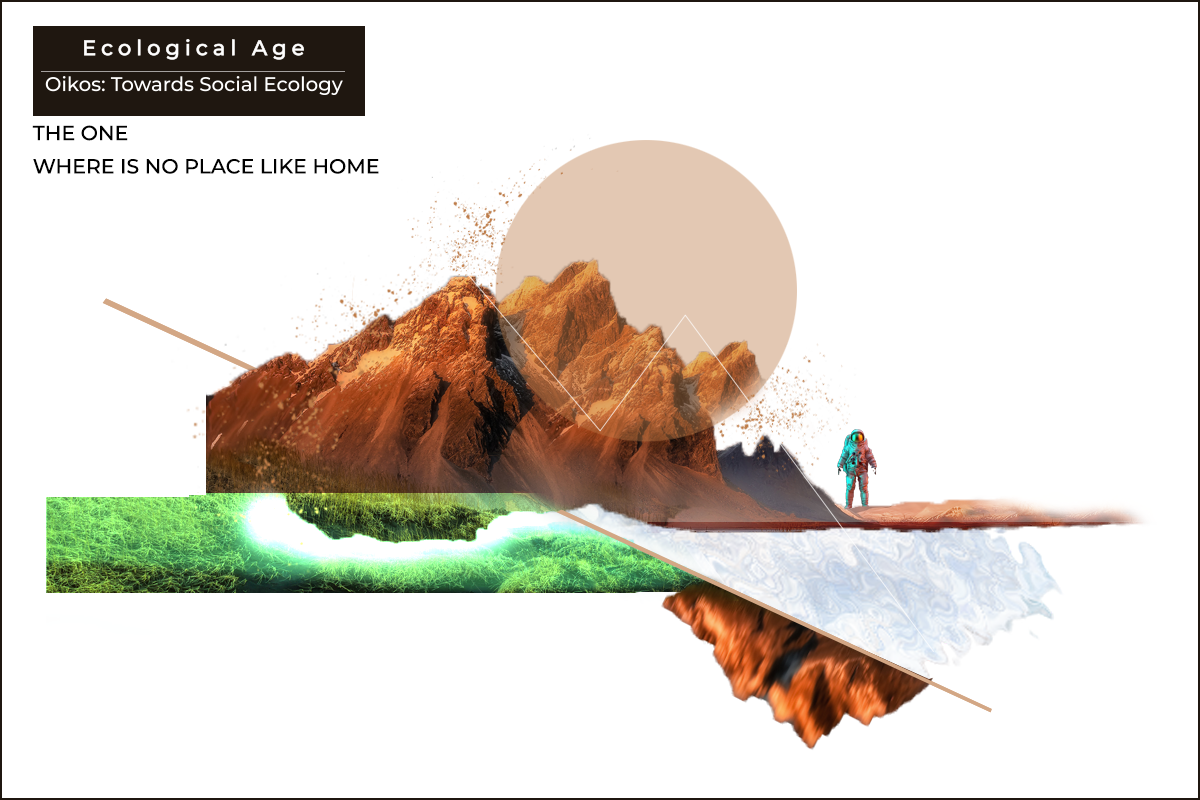Special Reports
SusHi Tech Tokyo 2024: experience ‘Tokyo 2050’ todaySponsored by The SusHi Tech Tokyo 2024 Showcase Program Executive Committee
Oikos- The one where there is no place like home - Earth
Ecology is a science that studies the changing dynamics of Earth. But how can we move towards social ecology to take all part in caring for our common Oikos?
“We are the first generation to feel the effect of climate change and the last generation who can do something about it.”
Barack Obama, Former US President
Earth is calling us, and my duty is to voice out the concerns and the importance of social ecology in changing our behaviours towards our common Oikos. I draw from scientific facts and build each blog article to tackle a certain economic, social or political issue to highlight the conflicting power in our ecological system. As part of this generation who saw the effect of climate change, I am interested in investigating the change of our social behaviour in order to live collectively on our so-called planet Earth.
We are all familiar with the prefix ‘eco’ that denotes the images of Earth and it is echoed in a lot of our vocabulary, economy, ecology, ecosystem.. It comes from the Greek roots meaning ‘house or household’. Ecology is a science that studies the changing dynamics of Earth. But how can we move towards social ecology to take all part in caring for our common Oikos?
A few days before COP26 gathering in Glasgow, a climate emergency hits across the globe and it is about time to invite our imagination to create meaningful ways to honour our Oikos and our home.
Human vulnerability and environmental degradation have grown after the pandemic while going back to normal is just not acceptable. A new normal needs to emerge responding to the climate emergency and the need to live in an equal and fair environment. Solidarity is at its heart focusing on tightening the human and nature relationship that could include a collective conversion with compassion hoping to move towards building a safer environment. This is the context where citizen engagement is the main player in our future smart cities, and where we all share one common target to save our common home. By saying that, working effectively and in solidarity on an urgent action plan is key for a brighter future.
I have been asking my postgraduate students in Architecture for the last three years the same question as soon as they start working on their design proposal. I have been indeed very intrigued by what would they add to the architecture profession as fresh graduates. What do they see missing in our cities? In a nutshell, most students expressed the importance of designing spaces that accommodate people’s needs. One would say and describe his imaginative space made for collective use. The other would highlight the importance of inclusive spaces in the city that are accessible to everyone without excluding the marginalised. As architects and designers, we tend to focus on people’s basic needs in the city where we alienate the presence of diverse living organisms sharing the common Oikos.
Plants, animals and other organisms as well as the weather and landscapes all live harmoniously and work together to form a bubble of life. We, humans, are disrupting that flow of life alienating their existence and focusing on our basic needs. This is a conscious call to shift perspective on how we perceive our common home Earth and to find new possibilities to live in solidarity and collectively with nature.
More Posts from this Blog
Ecological Age: Towards Social Ecology
Earth is calling us, and my duty is to voice out the concerns and the importance of social ecology in changing our behaviours towards our common Oikos. I draw from scientifical facts and build each blog article to tackle a certain economic, social or political issue to highlight the conflicting power in our ecological system. As part of this generation who saw the effect of climate change, I am interested in investigating the change of our social behaviour in order to live collectively on our so-called planet Earth.







